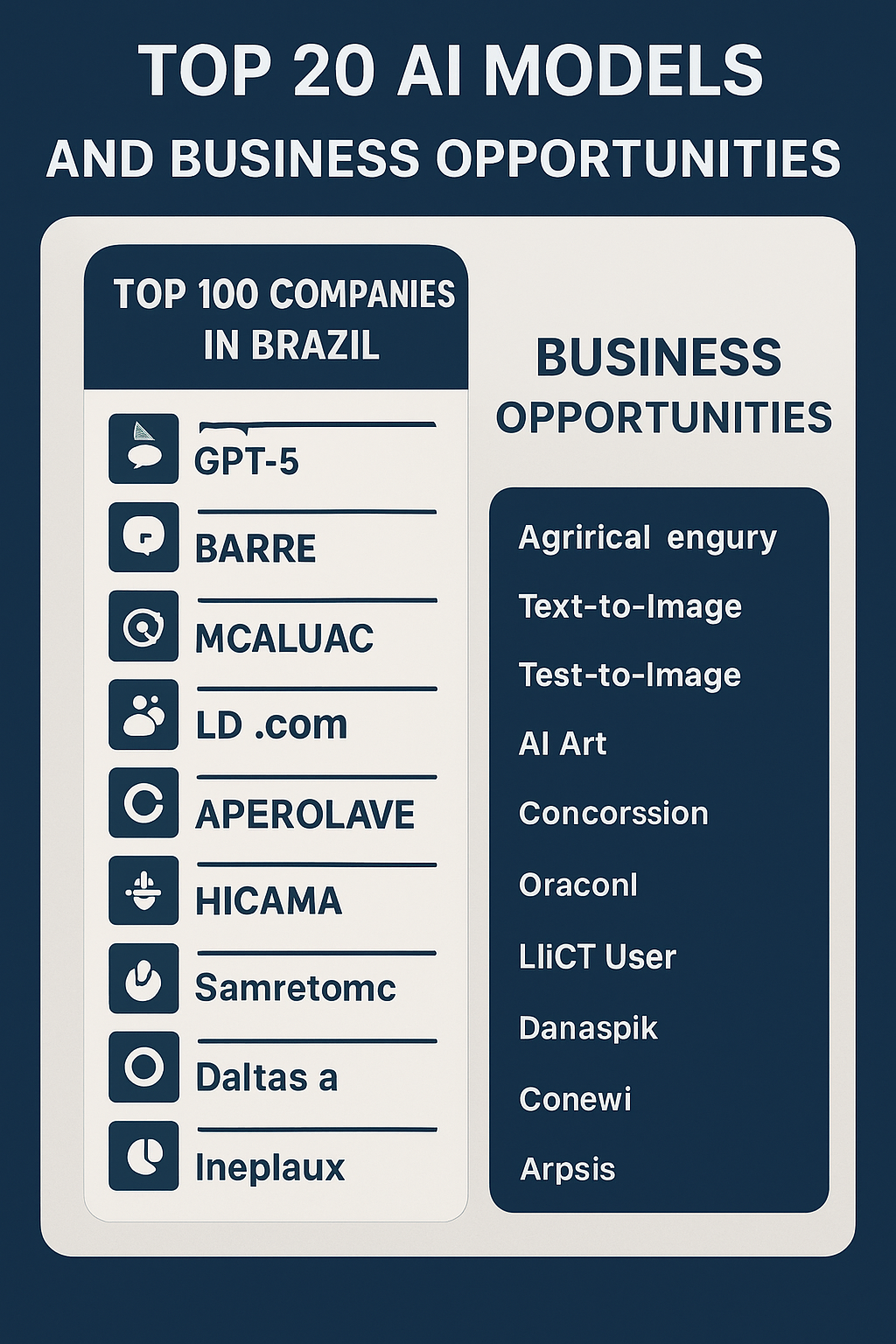
The Veil: An Exploration of Its Significance, Criticism, and Perspectives Across Cultures and Religions
The veil, particularly within Islamic tradition, has sparked significant discussion and debate regarding its implications for women’s rights, cultural identity, and religious expression. This article explores the multifaceted nature of the veil, drawing on Quranic and Hadith references to underscore its significance in Islam. It examines perspectives from other religions, the criticism faced in Europe and India, and atheistic viewpoints that challenge religious practices. By highlighting diverse interpretations and emphasizing the importance of personal choice, the article aims to provide a nuanced understanding of the veil as both a symbol of modesty and a point of contention in contemporary discourse.











